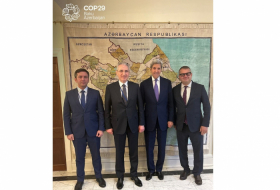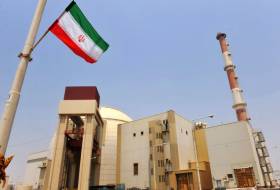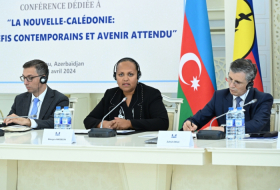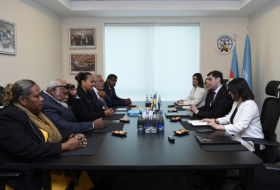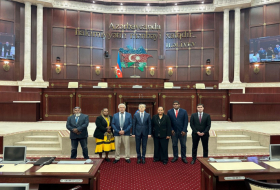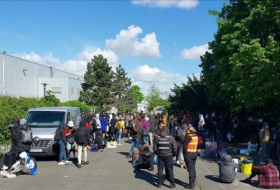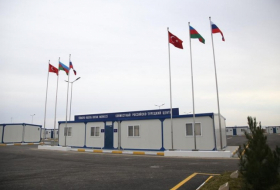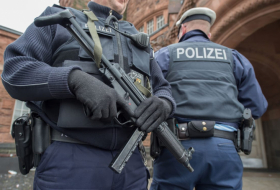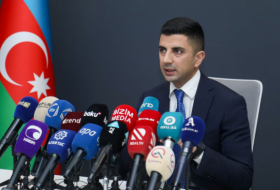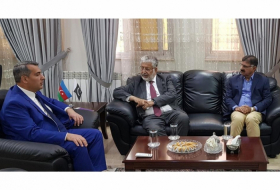Despite Fidel Castro`s death, few expect rapid political changes in Cuba
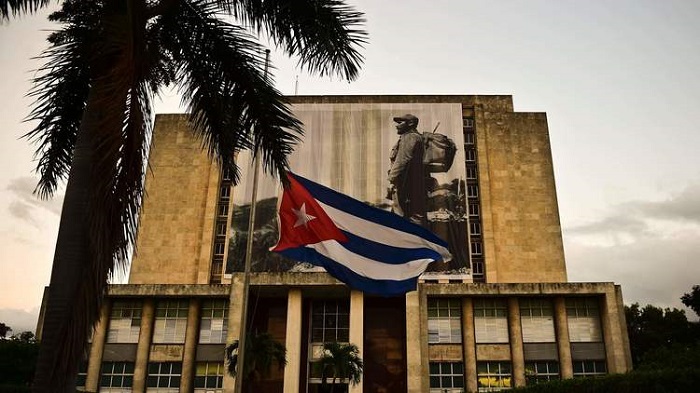
But for others, especially younger Cubans, it was long past time to look beyond Papa Fidel and the revolution’s accomplishments in arenas such as education and healthcare.
“We have to be objective,” said Maria, a medical student, seated in Revolution Square. “Fidel did a lot of good things.... But at the same time what good does it do if there are no jobs, no opportunities for progress?
“I believe that Fidel did good and bad things and we have to be fair about it,” added Maria, who, like others even mildly critical of the government, asked that her last name not be used.
The normally buoyant capital has been a notably subdued place since Castro’s death was announced Friday. Tourists grumble about the lack of music and life in the bars and cafes as the country begins an official, nine-day mourning period. There were no posters mourning Castro evident on Sunday, but Cuban flags and banners reading “Viva la Revolución” adorned public buildings.
Cubans of all ages and economic backgrounds took time to reflect on the Castro era, which spanned several generations and lasted through momentous world events, including the Cuban missile crisis, the Bay of Pigs invasion and the fall of the Soviet Union, Cuba’s longtime benefactor.
Among young people, there seemed to be a sense of hope that Castro’s passing would signal a more open era, with enhanced individual freedom and opportunities for employment. Many voiced a sense of isolation, though some conceded that things had improved under President Raul Castro, Fidel’s younger brother, to whom an ailing Fidel had ceded power.
“I wish there were more liberties, that we could leave Cuba easier, visit other countries,” said Everardo, 18, who did not want his last name used. “Fidel was always against that.”
Carlos Montero, 18, acknowledged that society had opened up in recent years, but complained that access to the Internet was limited and costly.
“The Internet should be free in the schools, like it is in the rest of the world,” Montero said, adding that his parents didn’t even know what the Internet was. “But here, that’s a dream.… Still, things have gotten a little better with Raul.”
In his final years, Fidel Castro probably had little concrete influence over his brother, who formally took over in 2008. Fidel’s death may now give a symbolic and psychological freedom to Raul to act as he sees fit.
But it is unlikely that Fidel’s death augers a fundamental change, despite the heralding of a “new era” in some quarters.
Already, Raul Castro had ordered significant reforms to the Cuban economy and loosened restrictions on citizens seeking to travel abroad — changes long resisted by Fidel.
Raul, 85, who has said he will step down in 2018, has allowed a measure of private enterprise, enabling individual citizens to open small-scale businesses, such as restaurants, beauty salons, spas and car washes.
And Cuba’s relationship with the Castro brothers’ historic adversary, the United States, has been transformed.
In December 2014, Raul Castro and President Obama announced that their countries were renewing diplomatic ties after a half-century of Cold War animosity. Though Washington’s trade embargo against Cuba remained in place, the new joint initiative spurred fresh economic exchanges involving various sectors, including airlines, banks, hotels and agribusiness.
But Obama — and, now, President-elect Donald Trump — continued to call on the Castro government to follow economic liberalization with significant political transformation.
U.S. officials say they want to see truly competitive elections with candidates who do not belong to the ruling Communist Party; the release of political prisoners (although only a handful remain); and a broader ability for dissidents, human rights activists and opponents of the government to express themselves openly, in the press and in the streets.
Raul Castro has resisted, and, even without Fidel looking over his shoulder, he is not likely to budge. After decades of animosity, the Cuban leadership warily views U.S. demands for democracy as a pretext to install a more Washington-friendly government in Havana.
Senior Cuban officials seek examples of governance that stand as alternatives to the superpower to the north. They frequently cite China and Vietnam as their models, with their ostensibly communist governments, flourishing Western-style economies and lack of political freedoms.
Under current circumstances, many analysts say, Raul Castro would have little incentive to alter Cuba’s political system in a way that would threaten ruling-party hegemony. Repeatedly, Cuba’s leader has insisted that there would be no acceptance of multiparty politics or basic freedoms such as the right to assembly.
“Raul is likely to circle the wagons and make sure his rear guard is protected” before embarking on new initiatives, said Ted Henken, a sociology professor at Baruch College and a Cuba expert frequently consulted by the Obama administration.
The government in Cuba is controlled by a Communist Party council that serves as a legislative body and is consulted a few times a year for new laws. Fidel, and Raul after him, have had all-but-complete control of the body.
Last year, a pair of candidates tried to become the first non-Communist politicians to win municipal posts, mounting a modest campaign. Both failed miserably. The lesson to would-be reformers was clear.
“The death of Fidel Castro will not fundamentally change this route, because in terms of the political system, it’s all been symbolic, part of the Latin American revolutionary patriarchy,” former Cuban intelligence analyst Arturo Lopez-Levy, now a professor at the University of Colorado, wrote this weekend.
Miguel Diaz-Canel, named by Raul Castro as first vice president on the same day he announced his impending retirement, is widely seen as his heir apparent.
Diaz-Canel, from a younger generation, is more modern than the Castros and much more Internet-savvy. But it remains difficult to anticipate his moves. He is beholden to the old Communist Party apparatus but also eager to move Cuba into the modern world, Cubans who know him say.
For Trump, opposing forces are keen. He has pronounced his opposition to any opening with a Castro government, but he is also under enormous pressure from fellow entrepreneurs who see a buck to be made on the tropical island.
After Raul Castro’s retirement, Trump and a Republican-controlled Congress will be able to argue they are operating in a truly “post-Castro” environment, allowing them to make even more business deals. But opposition to any rapprochement with communist Cuba remains deep, especially among Cuban American Republicans in south Florida.
Few expect a swift end to the U.S. trade embargo blocking U.S. financial dealings with Cuba.
It was President Eisenhower who initially slapped the embargo on Cuban exports of sugar and other trade, eventually costing Cuba $1 trillion, according to Havana.
The Cuban government has routinely blamed the measure — the “blockade,” as Cubans call it dismissively — for the island’s dire economic circumstances.
By tweaking regulations, Obama has done almost everything within his power to lift embargo restrictions. But only Congress can end the embargo, and it has refused to do so. Now, with Republicans holding sway in Washington, lifting the embargo seems a long shot, though Trump has not publicly signaled his intentions with respect to the trade ban.
With the passing of Fidel Castro, it also seems possible that the island leadership will want to reaffirm its commitment to the core principles of the man who personified the revolution. The nine-day mourning period declared in Cuba appears, at least publicly, as a means of cementing Fidel’s legacy, not rejecting it.
Havana “will retrench to demonstrate that the ‘Revolution’ survives its founder — and continues to defy the grasp of the United States,” John Kavulich, president of the New York-based U.S.-Cuba Trade and Economic Council, predicted.
There is “nothing expected to alter the commercial, economic and political timetable,” Kavulich said, “meaning, retrenching for a bit to demonstrate” a post-Fidel Castro revolutionary “stability.”








